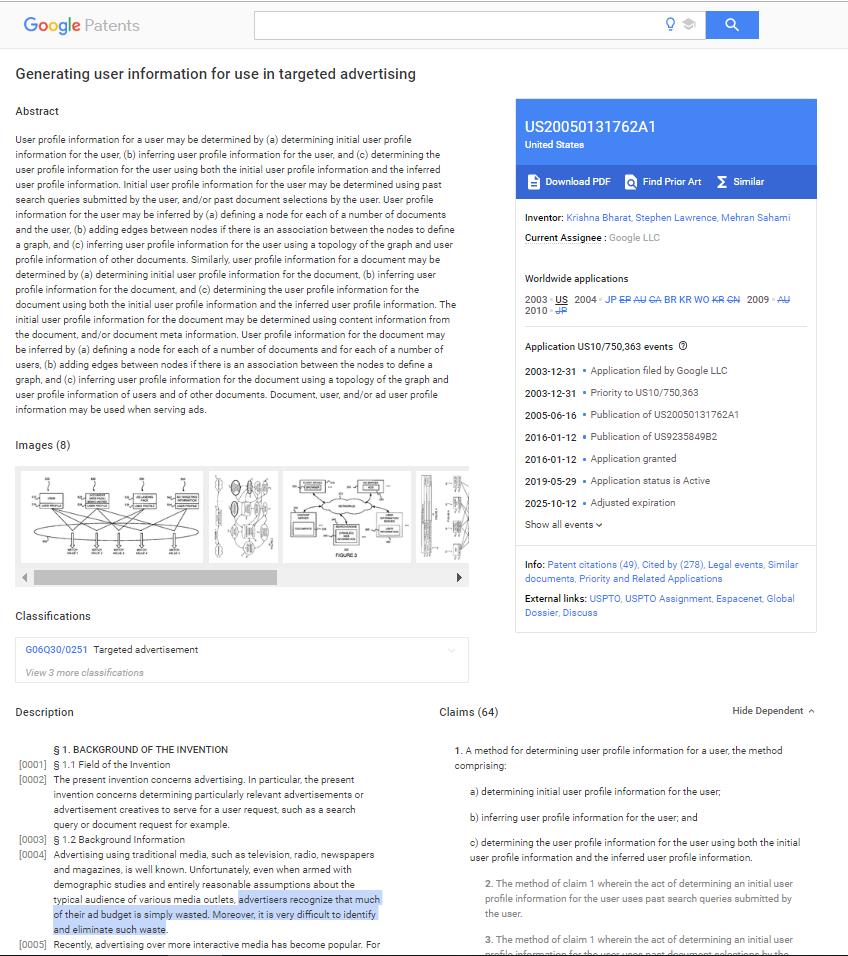As Managing Editor, Knowledge at WARC, she would say that: Lena Roland passes on a couple of useful bits of advice.
Contagious clearly has a knack for prediction. Back in 2016, two years before the Facebook/Cambridge Analytica scandal, the company compared Alexander Nix, then CEO of the political consulting firm, to a Bond villain.
Yet, speaking at IAB Engage recently, Alex Jenkins, Editorial Director at Contagious, said the marketing industry should be wary of companies and consultants that claim they can predict the future. “Beware anyone with the word future in their job title or company name”, he said.
Having interviewed lots of senior people within agencies and brands, Jenkins said the biggest challenge companies say they are facing is adjusting to the speed of change. Rather than predict the future, Jenkins offered the following sound advice to help agencies and brands navigate the future.
1. Develop an agile long-termism mindset
The rapid pace of change means speed and agility are important – this approach enables companies to adapt to what’s happening now – but too much focus on ‘the now’ can mean the long-term view is neglected. McKinsey’s 2017 report, Measuring the economic impact of short-termism, found that companies with a long-term strategic focus are more successful. Specifically, at these companies:
- profits increased compared to rivals
- average revenue was 47% higher
- market capitalisation grew faster
To succeed, therefore, Jenkins advised the industry to “develop an agile long-termism mindset”. This means “having the agility to deal with change, while having a long-term plan to ensure you are successful”. This should be “your north star, a guiding light to know why your company exists”.
Pedigree, the Mars-owned pet care company, has adopted this approach. Its vision states “everything we do is for the love of dogs”. This “clearly defined organisation principle” drives the strategy – Pedigree is at the forefront of dog nutrition, quality medical care and veterinary science. It promotes dog adoption and has developed apps to locate lost dogs or the more lighthearted SelfieStix that helps dog owners take selfies with their pets. The company has also commissioned research into the Health Benefits of Human-Animal Interaction which shows the multitude of benefits that dog ownership brings.
Companies need to give employees, particularly those “closest to the job”, the permission to work without too much rigidity; they need to “trust them to achieve the goal”, Jenkins advised.
2. Acquire more knowledge
Knowledge is acquired by learning from the best and that’s essential if you want to do the best work. But knowledge is arguably under threat, and has been for a while. Take the Google patent below, submitted in 2004.

This stated that “Advertisers recognize that much of their ad budget is simply wasted. Moreover, it is very difficult to identify and eliminate such waste.”
“This was a false claim”, Jenkins declared. “Yet the industry believed it”. Refuting the claim at the time, Jenni Romaniuk, Research Professor at the Ehrenberg-Bass Institute, said “what we call wastage is actually really good marketing”.
False claims, inaccurate measurement and fake news threaten the industry, not to mention wider society. According to Jenkins “not enough people in the industry know what they need to know”. In particular, practitioners do not know enough about:
- marketing and advertising theory (check out WARC's Strategy Toolkit for seven modules that will help you develop your skills as a strategic thinker),
- how technology works and its implications,
- precedents in excellence in creativity and strategy (look out for WARC's report at the end of this month on Insights from the 2019 Cannes Lions Creative Effectiveness winners).
So, his ultimate advice for the next ten years is “know more than the next person”. In other words, acquire more knowledge. Know what you need to know and get smarter. “Over the next ten years you will not find a single company, agency or recruiter who will say they want more people who know less.
“Know more.”

